The Bible & Politics
Explore the biblical view of the human condition with readings from Genesis and Exodus.
Monday–Friday | June 7 – June 11
Online Seminar Series
What is the proper role of religion in public life? To what extent should religious belief shape our political discourse? How should religious leaders approach politics? How should political leaders approach religion? These questions have only gained salience in recent history. Religion and politics seem deeply intertwined in our current political moment, with religion defining the contours of many political and social debates in the U.S. today.
This online course will examine the ways in which religion and politics intersect in a liberal democracy. Among the questions students will ask are: What is the role of religion in a liberal democracy? How has the American experience been exceptional, and is the decline in religious affiliation, especially among younger generations, a cause for concern? What are the limits of religious tolerance and liberty in a diverse society?
Bryan Garsten on Rethinking Solitude
This online seminar will meet over one week, Monday–Friday, from 1 PM to 3 PM ET via Zoom. A $500 stipend and all course materials will be provided.
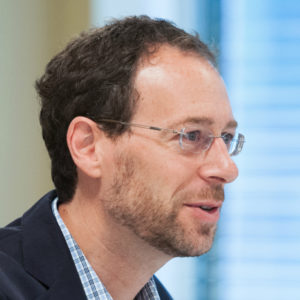
Bryan Garsten is Professor of Political Science at Yale University. He writes on questions about political rhetoric and deliberation, the meaning of representative government, the relationship of politics and religion, and the place of emotions in political life.

Bryan Garsten is Professor of Political Science and Chair of the Humanities Program at Yale University. He is the author of Saving Persuasion: A Defense of Rhetoric and Judgment (Harvard University Press, 2006), as well as articles and essays on questions about political rhetoric and deliberation, the meaning of representative government, the relationship of politics and religion, and the place of emotions in political life.
He is finishing a book called The Heart of a Heartless World that examines the ethical, political and religious core of early nineteenth-century liberalism in the United States and France. He has also edited Rousseau, the Age of Enlightenment, and Their Legacies (Princeton University Press, 2012), a collection of essays by the Rousseau scholar Robert Wokler. His writings have won various awards, including the First Book Prize of the Foundations of Political Theory section of the American Political Science Association.
He has served as Director of Undergraduate Studies for Yale’s major in Ethics, Politics and Economics and the Director of Graduate Studies for the Department of Political Science. In 2016 he founded the Citizens, Thinkers, Writers program for students in the New Haven public schools.
Readings:
Questions:
Readings:
Questions:
Readings:
Questions:
Readings:
Discussion Questions:
Readings:
Discussion Questions:
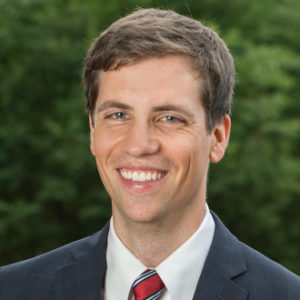
Antón Barba-Kay
Antón Barba-Kay is Associate Professor of Philosophy in the School of Philosophy at the Catholic University of America in Washington, D.C. He is finishing a book on the political philosophy of the internet, which he began while a Visiting Fellow in the James Madison Program at Princeton University.
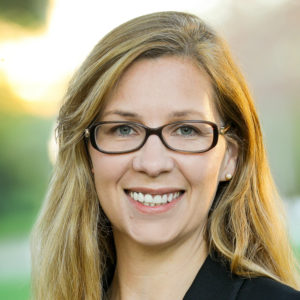
Jenna Silber Storey
Jenna Silber Storey is Assistant Professor in Politics and International Affairs at Furman University and Executive Director of Furman’s Tocqueville Program. She is the co-author of a book with Benjamin Storey: Why We Are Restless: On the Modern Quest for Contentment (Princeton University Press, 2021). Further information about her work can be found at www.jbstorey.com.
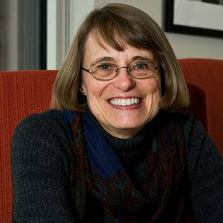
Vickie Sullivan
Vickie Sullivan is the Cornelia M. Jackson Professor of Political Science and teaches and studies political thought and philosophy. She also maintains teaching and research interests in politics and literature. She has published extensively on Montesquieu and Machiavelli and is the co-editor of Shakespeare’s Political Pageant.
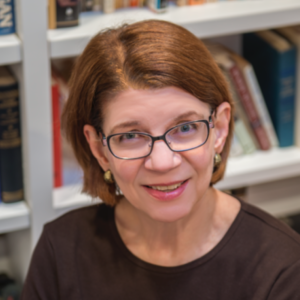
Martha Bayles
Martha Bayles is an Associate Professor of Humanities at Boston College, where she teaches a year-long course titled, “From Homer to Dante” and various senior seminars. Her research centers around popular culture and cultural history. She has previously served as a lecturer at Harvard University and Claremont McKenna College.
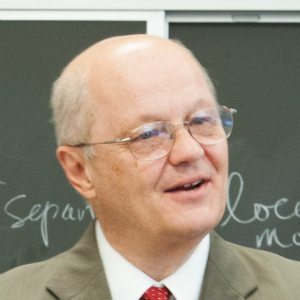
Robert Kraynak
Robert P. Kraynak is Professor of Political Science at Colgate University. He teaches courses in the fields of political philosophy and general education, including courses on American political thought, the history of Western political philosophy, natural law, religion and politics, and conservative political thought.

Bryan Garsten
Bryan Garsten is Professor of Political Science at Yale University. He writes on questions about political rhetoric and deliberation, the meaning of representative government, the relationship of politics and religion, and the place of emotions in political life.
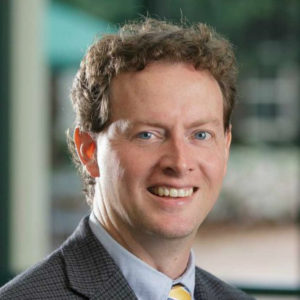
Benjamin Storey
Benjamin Storey is Associate Professor of Politics and International Affairs at Furman University. His interests focus on the history of political philosophy. He is currently completing a book entitled The Restless Age: Four French Thinkers on the Quest for Self-Understanding in an Unsettled Modernity.